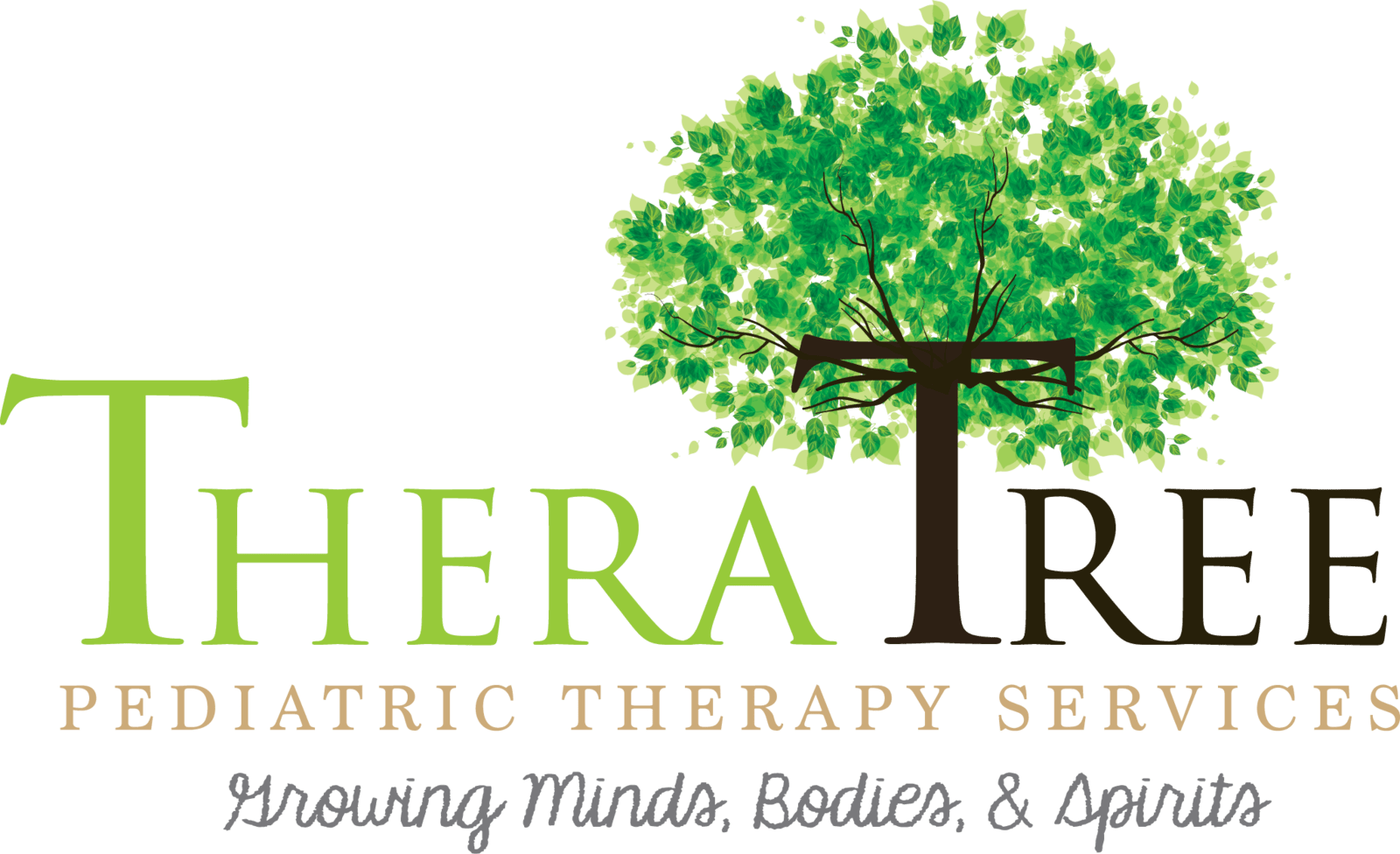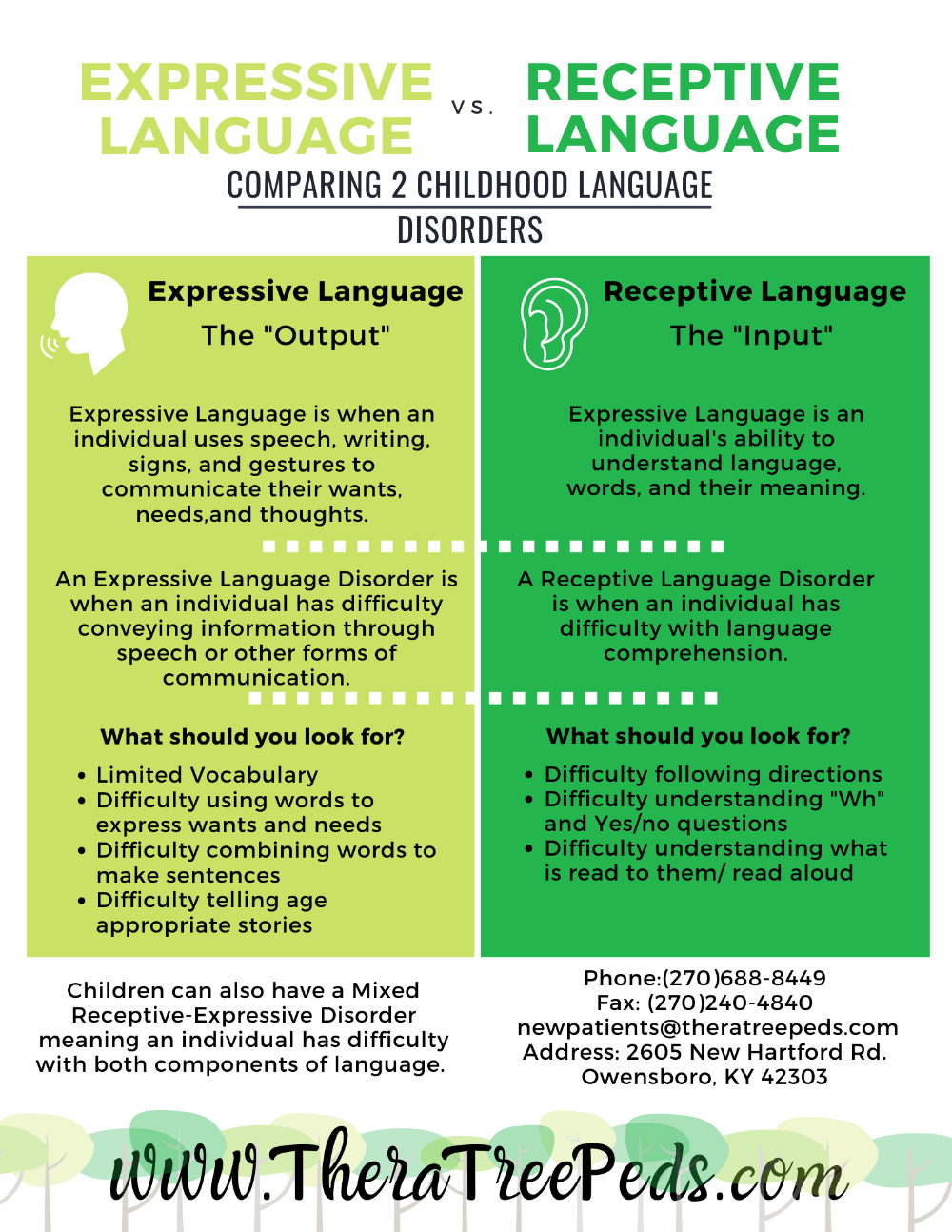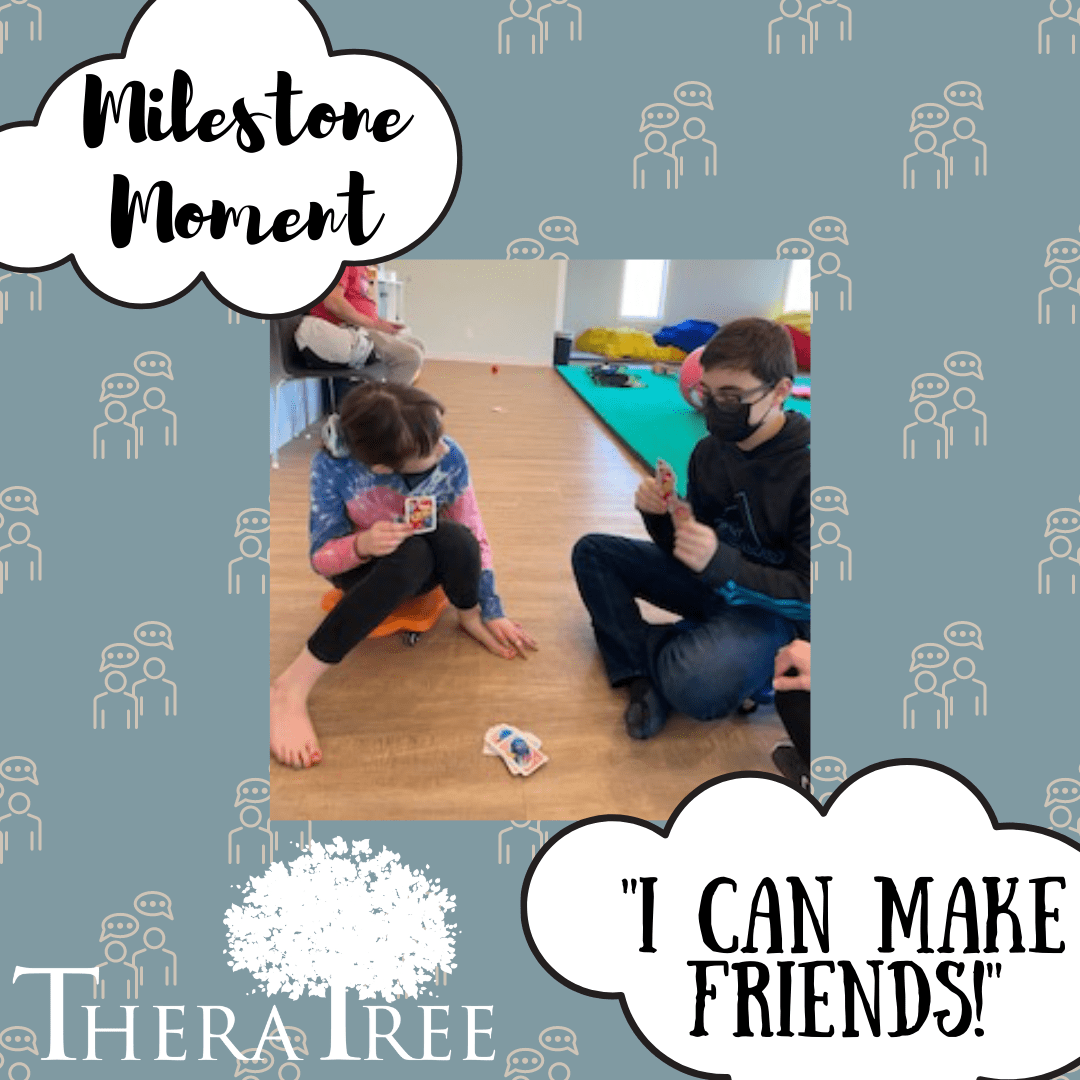What is Speech Therapy?
The professionals who are educated to assess speech and language development and to treat speech and language disorders are called speech-language pathologists (sometimes informally referred to as speech therapists). Speech-language pathologists can also help people with swallowing disorders.
Does my child need Speech Therapy?
- Doesn't Smile or Interact with Others (Birth-3M)
- Doesn't Babble (4-7 Months)
- Makes Few Sounds (7-12 Months)
- Does Not Use Gestures (Ex: Waiving, Pointing) (7-12 Months)
- Says Only a Few Words (12-18 Months)
- Doesn't Put Words Together to Form Sentences (1 1/2 - 3 Years)
- Has Trouble Playing and Talking with Other Children (2 - 3 Years)
- Has Problems with Early Reading and Writing Skills (Ex: May Not Show Interest in Books or Drawing) (2 1/2 - 3 Years)
- Says p, b, m, and h incorrectly (1 - 2 Years)
- Says k, g, t, f, d, and n incorrectly (2 - 3 Years)
- Produces Speech That is Unclear Even to Familiar People (2 - 3 Years)
- Struggles to say sounds or words (2½–3 years)
- Repeats first sounds of words—"b-b-b-ball" for "ball" (2½–3 years)
- Pauses a lot while talking (2½–3 years)
- Stretches sounds out—"f-f-f-f-farm" for "farm"(2½–3 years)
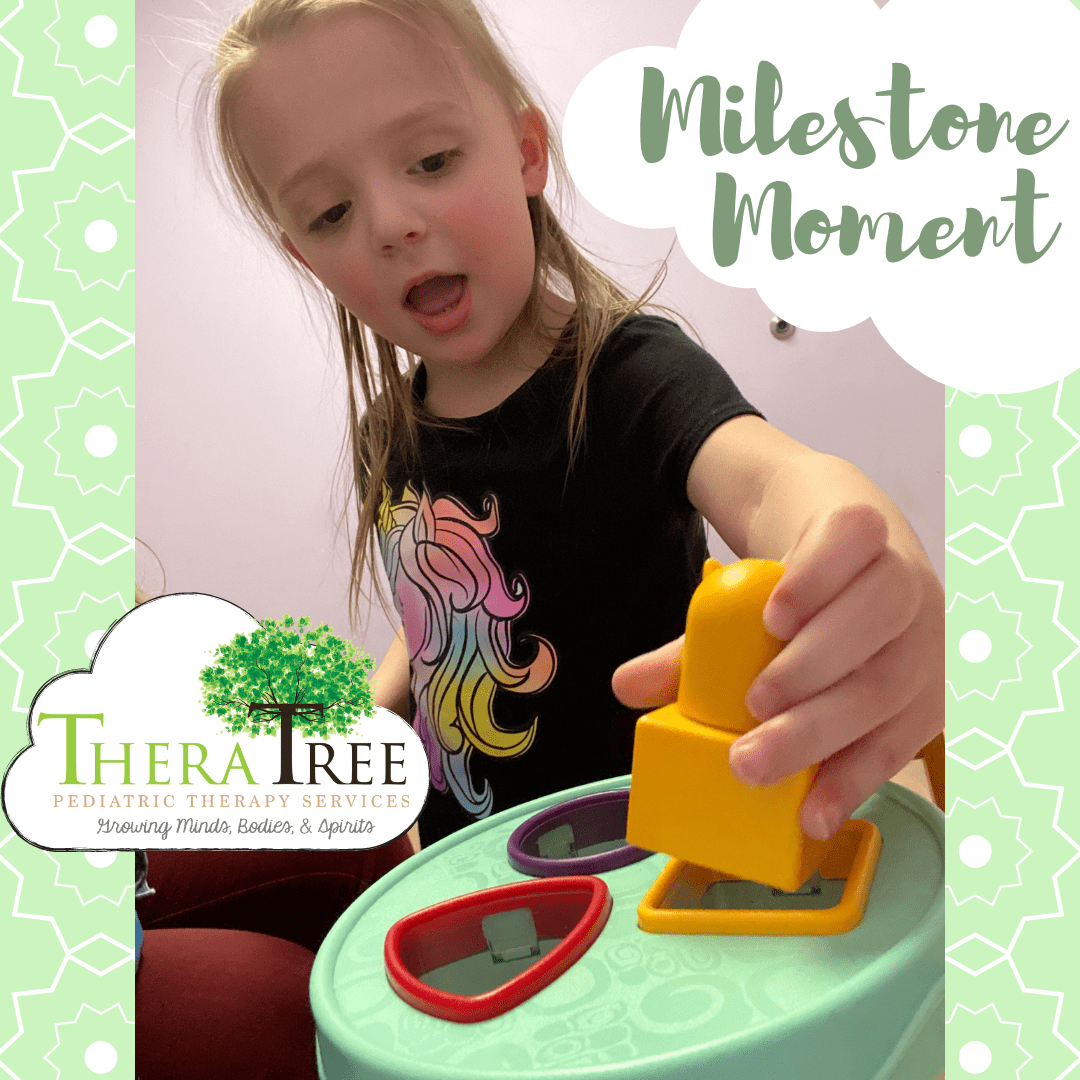
Learn About the Areas of Speech
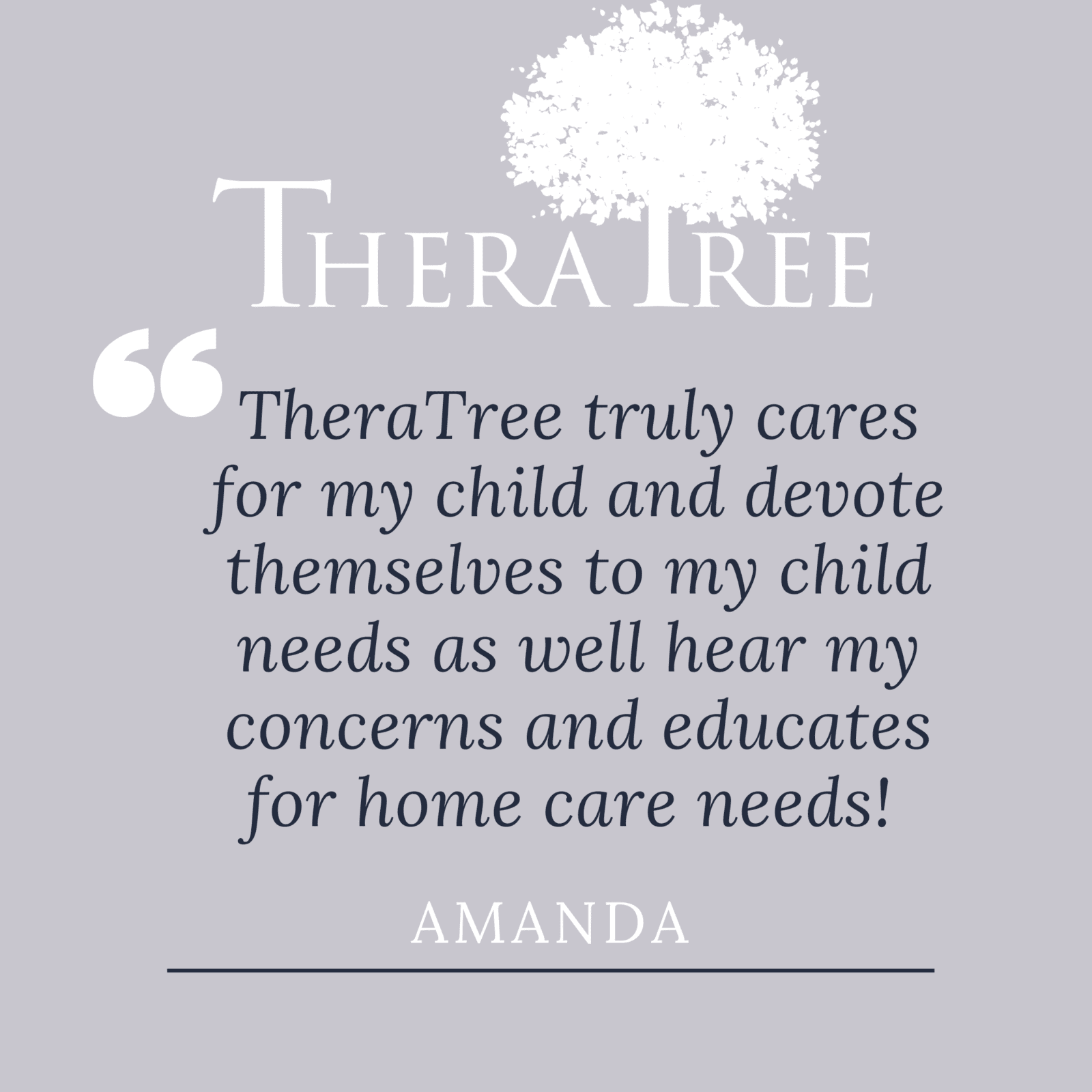
Who benefits from Speech Therapy:
Diagnosis
Difficulty
Diagnosis
- Achalasia
- Aphasia (amnestic, global, nominal, semantic, syntactic)
- Agnosia
- Ankloglossia
- Attention Deficit Disorder
- Attention Deficit Hyperactivity Disorder
- Aphasia
- Aphonia
- Apraxia
- Autism Spectrum Disorder
- Bell's Palsy
- Central Auditory Processing Disorder
- Cerebral Palsy
- Cleft Lip or Palate
- Concussion
- Chronic Ear Infections
- Congenital Malformation of the Musculoskeletal System
- Congenital Malformation of the Respiratory System
- Congenital Malformation of the Nervous System
- Cognitive Communication Deficit
- Desease of Vocal Cords
- Dentofacial Anomalies
- Developmental Disorder of Speech and Language
- Down Syndrome
- Dysarthria
- Dyslalia
- Dysphasia
- Dysphasia
- Dyspnea
- Dysphonia
- Dyslexia
- Expressive Language Disorder
- Facial Weakness
- Feeding Difficulties
- Fluency Disorder
- Frontal Lobe and Executive Function Deficit
- GERD/GER
- Hearing Loss
- Hemiplegia (right or lefts side)
- Hyper/Hyponasality
- Idioglossia
- Intellectual Disabilities
- Jaw Asymetry
- Lalling
- Lisping
- Macroglossia
- Malocclusion
- Mixed Receptive-Expressive Language Disorder
- Muscular Dystrophy
- Neurofibromatosis
- Nodules of Vocal Cords
- Paralysis of Vocal Cord and Larynx
- Phonological Disorder
- Polyp of Vocal Cord and Larynx
- Speech and Language Delay Due to Hearing Loss
- Slurred Speech
- Symptoms and Signs Involving Speech and Voice
- Swallowing Disorders
- Tracheostomy
- Traumatic Brain Injury
- Ventilator Dependence
- Voice REsponance Disorders
- Wernicke's
- Zenker's Diverticulum
Difficulty
- Attention
- Articulation
- Augmentative Communication Device Training
- Chewing
- Communication
- Coughing
- Chronic Hoarseness
- Delay in Words
- Eye Contact
- Gagging
- Following Directions (preferred or non-preferred)
- Food Refusal
- Initiates and Carries out Conversation
- Intellectual thinking
- Listening to Instructions
- Limited Vocbulary
- Literacy
- Loudness of Voice
- Matches Tone and Voice Level
- Memory Concerns
- Motor Planning
- Organizing Environment
- Perception
- Pre-Linguistics
- Pragmatics
- Problem Solving
- Putting words together
- Reading
- Respritory Problems
- Seeking Needed Verbal or Written Information
- Self Regulation
- Semantics
- Sequencing Tasks
- Social Skills
- Social Speech
- Sound Production
- Sound Processing
- Stuttering
- Syntax
- Swallowing / Eating Food or Fluid
- Takes Turns
- Vocal Hygiene
- Voice Pitch, Volume, Quality
- Weak Oral Motor Muscles
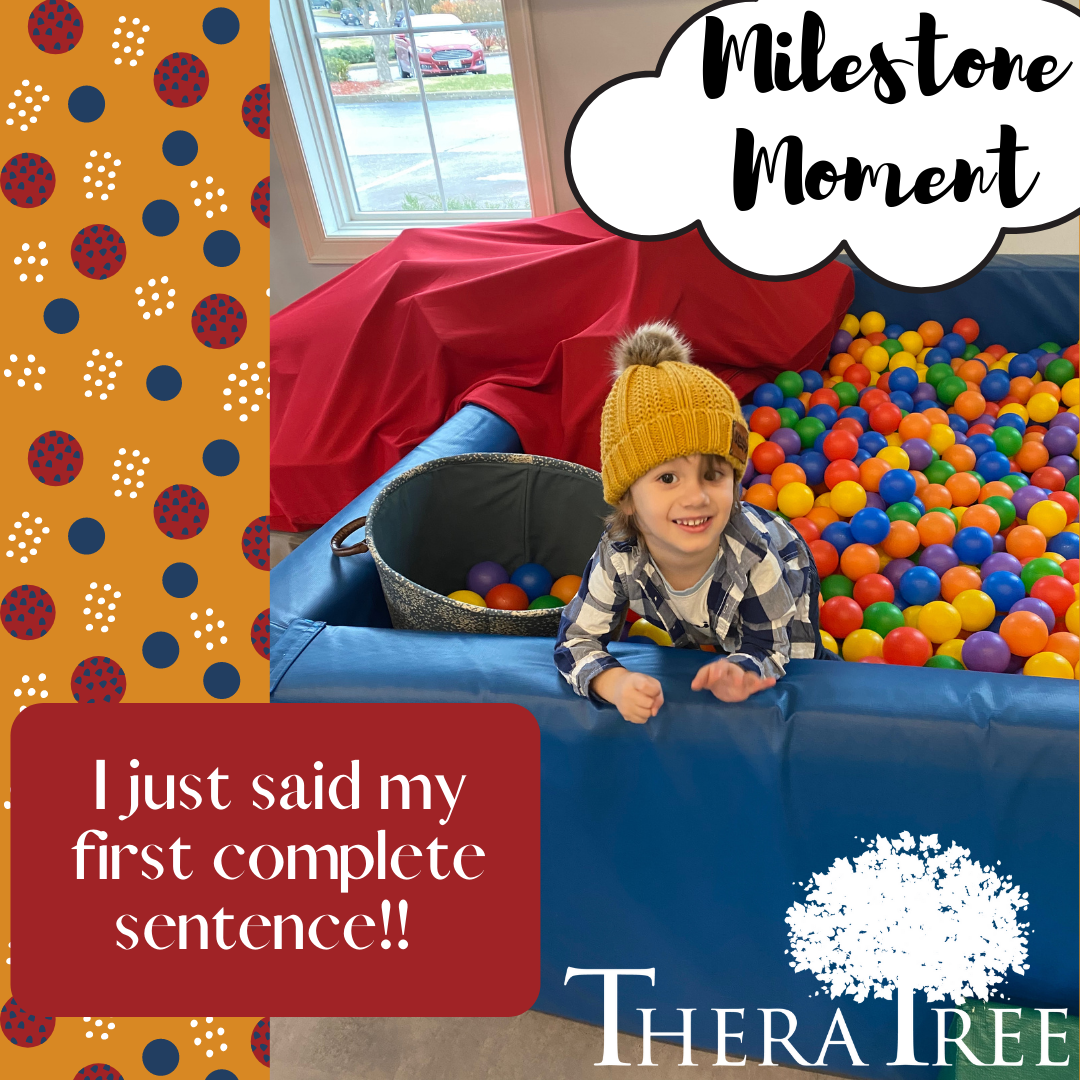
⭐️Milestone Moment⭐️
Winston, who was struggling to say more than one word at a time a month ago and saying on average 20 words total; Just stated very clearly, "I'm ready to go!"!
Huge communication improvement for Winston! This is the first full sentence he has ever put together!! He is also now stating over 60 words!
Great job, Bud! Way to BLOOM at TheraTree! ♥️
